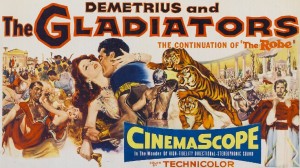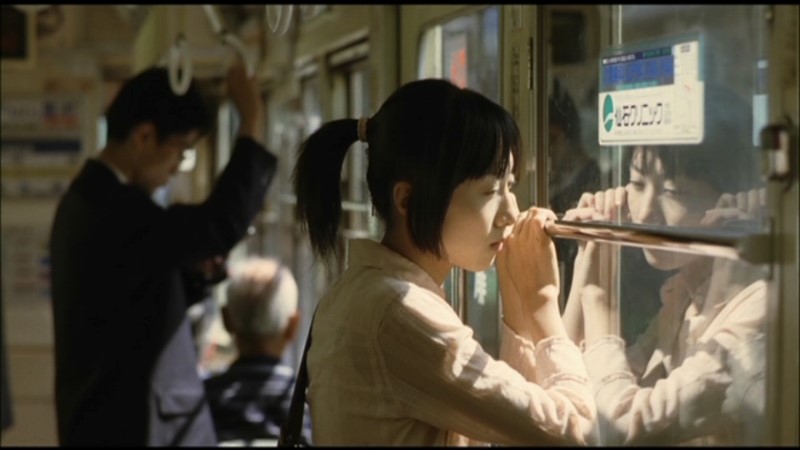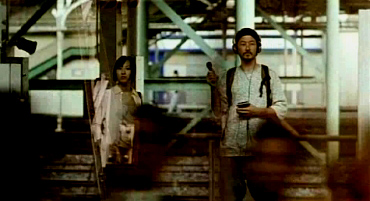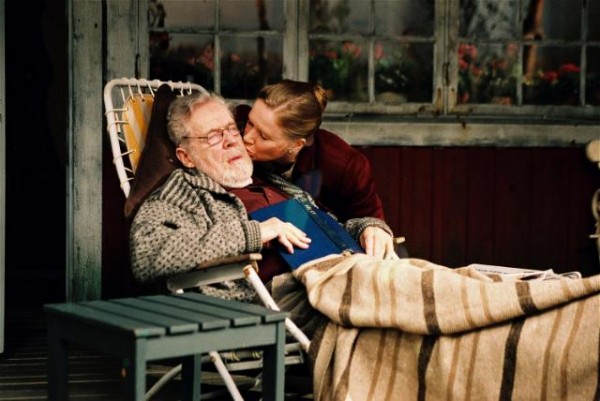My DVD column in Cinema Scope 44, Fall 2010. — J.R.
1. A confession
Since retiring from my job as a weekly reviewer in early 2008, I’ve been discovering that I usually prefer watching mediocre films of the past (chiefly from the 30s through the 70s) to watching mediocre films of the present — unlike some of my former readers, who irrationally conclude that I’ve stopped writing about movies because I no longer work for the studio airheads in implementing their latest ad campaigns. That is, I no longer train most of my attention on contemporary industry releases, as I was obliged to do for the preceding 20 years, because, in keeping with Raymond Durgnat’s apt observation that dated films sometimes have more to teach us than “timeless” classics, I’m looking for stuff I can chew on. (Try to imagine what literary criticism would be like if most or all of its practitioners decided that 2010 publications currently on sale at K-Mart comprised the bulk of all the literature ever published that was worthy of our close attention.)

This is why, for instance, I wound up picking up a copy of Delmer Daves and Philip Dunne’s sequel to The Robe, Demetrius and the Gladiators (1954), at a video store in Córdoba, Argentina in late July (although, as I later discovered, I could have picked it up on Amazon for roughly the same price): not because it’s any sort of masterpiece (though it’s probably a better movie than The Robe), but because I find it interesting from multiple vantage points, e.g., Read more
From the January 19, 2006 Chicago Reader. — J.R.


Cafe Lumiere
**** (Masterpiece)
Directed by Hou Hsiao-hsien
Written by Hou and Chu T’ien-wen
With Yo Hitoto, Tadanobu Asano, Masato Hagiwara, Kimiko Yo, and Nenji Kobayashi
Looking for Comedy in the Muslim World
*** (A must see)
Directed and written by Albert Brooks
With Brooks, Sheetal Sheth, John Carroll Lynch, Jon Tenney, and Fred Dalton Thompson
“It’s very difficult to cross national borders and shoot a film about a different culture. How many films have you seen that do that successfully? There are very few. The reason is very simple. When we look at films [about our own country] made by foreign companies, they’re not accurate. . . . But it’s an interesting challenge.”

This could be Albert Brooks talking about the making of his funny new feature, Looking for Comedy in the Muslim World, most of it filmed in New Delhi. But it’s actually Taiwanese master Hou Hsiao-hsien speaking about Cafe Lumiere, which was shot in Japan. Both filmmakers are pushing 60, and both prefer filming in long shot and extended takes. And both their movies are acute, measured observations of contemporary life and thought, whether we happen to be based in LA or Tokyo. Read more
From the Chicago Reader (August 5, 2005). — J.R.


Saraband
** (Worth seeing)
Directed and written by Ingmar Bergman
With Liv Ullmann, Erland Josephon, Borje Ahlstedt, Julia Dufvenius, and Gunnel Fred
Broken Flowers
*** (A must see)
Directed and written by Jim Jarmusch
With Bill Murray, Julie Delpy, Jeffrey Wright, Sharon Stone, Alexis Dziena, Frances Conroy, Christopher McDonald, Chloe Svigny, Jessica Lange, Tilda Swinton, and Mark Webber
Ingmar Bergman’s Saraband and Jim Jarmusch’s Broken Flowers are two minimalist features about burned-out individuals picking over the wreckage of relationships they can barely remember and about the special art of not really giving a shit. (A third is Gus Van Sant’s Last Days, scheduled to open here next week.) With its sprawling and far from symmetrical plot, Saraband, made in 2003 for Swedish television, is stark and economical, with a small cast of characters and sparse rural settings, and it seems like an apocalyptic endgame in terms of Bergman’s own career — the end of the world as he knows it. It was shot in digital video, and at Bergman’s insistence is being projected as such — and his peculiar use of that medium is what makes this work compelling.

I wouldn’t dream of contesting Bergman’s status as a film master. Read more







